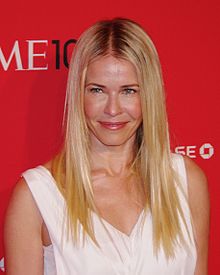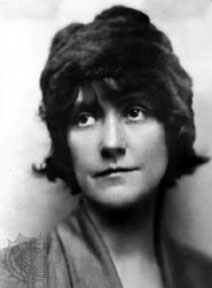KATIE ARMIGER
Katie Armiger is a very young and talented country singer. She began to sing before she could even walk. She was born in Houston Texas in the year 1991. She has a very powerful voice that reaches beyond her 20 year old body. Katie Armiger stated to write poems and songs in her journal by the age of ten. When she was 14 she entered Houston's Best Country Singer competition and she won! She won the grand prize and also a shot a recording a two-song demo in Nashville. This was just the beginning of her career, very soon after her two- song demo became a full album. At this time she was a straight A sophomore in high school. She had to learn how to split her time between Nashville and Texas. Katie Armiger stays true to her pop-country style of singing/writing.
Katie Armiger is a very young and talented country singer. She began to sing before she could even walk. She was born in Houston Texas in the year 1991. She has a very powerful voice that reaches beyond her 20 year old body. Katie Armiger stated to write poems and songs in her journal by the age of ten. When she was 14 she entered Houston's Best Country Singer competition and she won! She won the grand prize and also a shot a recording a two-song demo in Nashville. This was just the beginning of her career, very soon after her two- song demo became a full album. At this time she was a straight A sophomore in high school. She had to learn how to split her time between Nashville and Texas. Katie Armiger stays true to her pop-country style of singing/writing.
I absolutely love her song "Scream." She shows off her strong voice with this song about dealing getting dumped.
Guess I didn't know how to take it, that night we had that talk
Found out about my replacement, I just smiled and shook it off
I didn't ask you any questions, didn't beg you to stay
You said you knew that I would understand, then I watched you drive away
When there's just no words to stay
I scream at the top of my lungs
Yeah, I come undone
I crash my broken glass when no one's around
I cry out
In the silence I can't take
To cover up the sound it makes when I let my heart break
I scream
I always say the right things, at all the right times
I know I'm not the perfect girl, but for some reason I try
To be the one who's smiling and laughing, to make sure everyone's okay
I can push those tears back inside like an actress on the stage
But when the curtains fall away
I scream at the top of my lungs
Yeah, I come undone
I crash my broken glass when no one's around
I cry out In the silence I can take
To cover up the sound it makes when I let my heart break
I scream, I scream
I can't hold it in no more
I don't feel like playing nice
When I feel like getting loud
I just gotta let it out
I just gotta let it out
I scream at the top of my lungs
Yeah, I come undone
I crash like broken glass when no one's around
I cry out
In the silence I can't take
To cover up the sound it makes when I let my heart break
I scream
I scream
I scream
Found out about my replacement, I just smiled and shook it off
I didn't ask you any questions, didn't beg you to stay
You said you knew that I would understand, then I watched you drive away
When there's just no words to stay
I scream at the top of my lungs
Yeah, I come undone
I crash my broken glass when no one's around
I cry out
In the silence I can't take
To cover up the sound it makes when I let my heart break
I scream
I always say the right things, at all the right times
I know I'm not the perfect girl, but for some reason I try
To be the one who's smiling and laughing, to make sure everyone's okay
I can push those tears back inside like an actress on the stage
But when the curtains fall away
I scream at the top of my lungs
Yeah, I come undone
I crash my broken glass when no one's around
I cry out In the silence I can take
To cover up the sound it makes when I let my heart break
I scream, I scream
I can't hold it in no more
I don't feel like playing nice
When I feel like getting loud
I just gotta let it out
I just gotta let it out
I scream at the top of my lungs
Yeah, I come undone
I crash like broken glass when no one's around
I cry out
In the silence I can't take
To cover up the sound it makes when I let my heart break
I scream
I scream
I scream
Instead of showing reckless emotions, like most other artists show, she has a more graceful reaction towards it. She shows that this is not a perfect world and sometimes you just need to "scream" to let your emotions free. She writes about how you should not beg and ask why, but instead just shake it off. Katie Armiger states that it is alright to cry but, still remembering your dignity. She also states as women we always try to be "perfect," but in reality no one is perfect- just as Emily Dickinson writes about . We are all individual and we have to remember who we really are.
I believe that this song relates back to our class because she shows how a young girl can go out and fulfill her dreams. Often times, in class, we talk about how women need to learn to stand up for what they feel... but in some cases things are left better unsaid. She shows how you can stand up for yourself simply by walking away. This can also be related back to Virgina Woolf's a "Room Of Ones Own." Miss. Katie shows how women need their own space, need their own place to release what they feel. She shows how you have to be strong, not let a man see that he can control your emotions on the out side but when you are alone you can just let it out (in reality that is what many of us do). I feel as if every girl can relate back to this song and it shows how strong we really are! I just love this song.. I really recommend to listen to her other songs!





